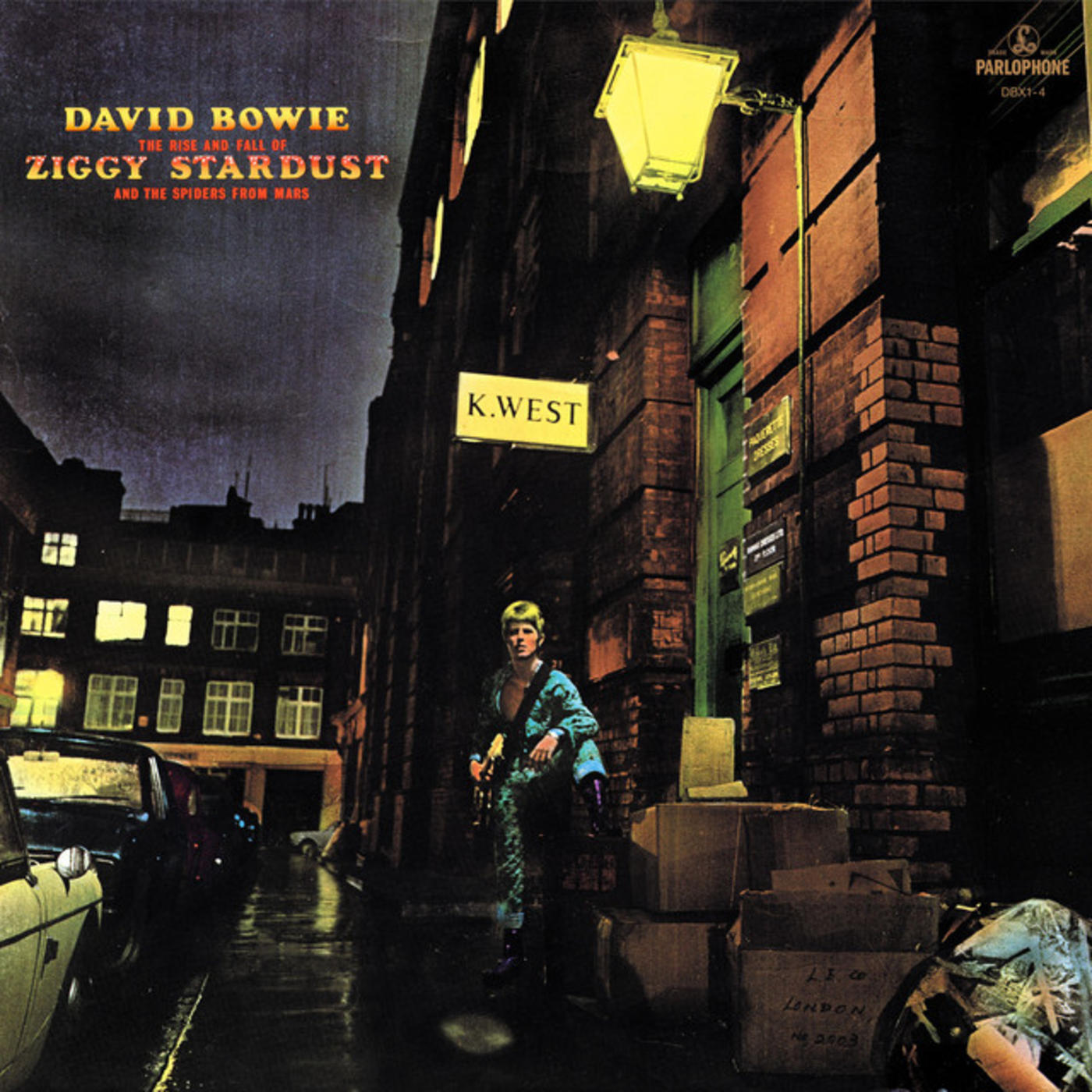Happy Anniversary: David Bowie, Young Americans

41 years ago today, David Bowie channeled his inner American – or, to be more precise, his inner R&B artist – and released his ninth studio album, which took him into the top 10 of Billboard’s Top 200 Albums chart.
Recording began during the sporadic downtime whilst Bowie was touring behind his Diamond Dogs album, and when it did, Young Americans had a familiar face behind the producer’s console – Tony Visconti – and a soon-to-be-familiar voices in the background: Luther Vandross. Among the musicians in the mix were David Sanborn, Carlos Alomar, working with Bowie for the first (but far from the last) time, and Andy Newmark of Sly and the Family Stone. Bowie’s goal was to deliver an authentic soul sound, hence the top-notch caliber of musicians who were working alongside him, but it’s pretty hilarious that Alomar actually described Bowie as “the whitest man I’ve ever seen – translucent white.”
The album took three months to record, with Bowie starting the proceedings in August 1974 and wrapping up in November, but in January 1975, a session at Electric Lady Studios with a gentleman by the name of John Lennon led two of the album’s tracks, “Who Can I Be Now” and “It’s Gonna Be Me,” to be switched out in favor of a cover of the Beatles’ “Across the Universe” and a little ditty that Bowie co-wrote with Lennon and Alomar. The inclusion of the latter track definitely paid off handsomely for Bowie, providing him with a #1 single in America.
Take a bow, “Fame.” You’ve earned it.
Of course, the title track of Young Americans was also a hit in its own right, hitting #28 in American and #18 in the UK, and if you’re looking to explore a track that might not have crossed your radar before, definitely check out “Fascination,” which Bowie co-wrote with Vandross.
Young Americans didn’t receive the same rapturous response from critics that some of Bowie’s previous albums had, but most of the naysayers of the time have since reevaluated the album as being a strong effort, and certainly Bowie’s fans continue to view it as one of his most memorable – if more mainstream – efforts.


